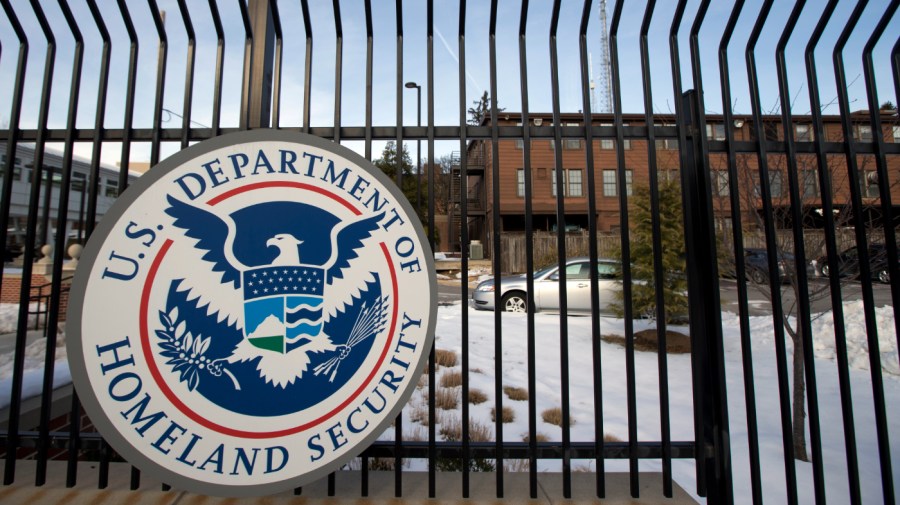The Department of Homeland Security on Monday announced the termination of Temporary Protected Status for nationals from Honduras and Nicaragua, ending long-standing protections for tens of thousands of immigrants who have lived legally in the United States for more than two decades.
Temporary Protected Status, known as TPS, is a federal program that offers temporary legal status and work authorization to individuals from countries experiencing armed conflict, environmental disasters, or other extraordinary conditions.
The decision includes a 60-day wind-down period, after which an estimated 60,000 Hondurans and 4,000 Nicaraguans will lose legal work authorization and protections from deportation. TPS designations for both groups were first granted in 1999, following natural disasters that made it unsafe for them to return to their home countries.
The move marks a significant rollback of protections that have been at the center of legal and political battles for years.
In 2018, the Trump administration announced the termination of TPS for immigrants from Honduras, Nicaragua, El Salvador, Nepal, and Haiti. That decision was quickly challenged in court through the Ramos v. Nielsen and Bhattarai v. Nielsen lawsuits, which halted enforcement of the terminations.
While a partial reprieve came in 2023, when the Biden administration extended TPS for several of the affected countries, not all designations were renewed before the administration left office.
The status for Honduran and Nicaraguan nationals has now expired under the Trump administration’s immigration platform, which has prioritized enforcement and removal over humanitarian protections.
In response to Monday’s announcement, immigrant advocacy organizations condemned the move as both legally questionable and morally indefensible. Martha Arevalo, executive director of the Central American Resource Center in Los Angeles, called the termination “devastating” for the TPS community.
“Honduran and Nicaraguan TPS holders—like many other immigrant communities—have contributed significantly to the U.S. economy through taxes and labor, and have given the best years of their lives to this country,” Arevalo said in a statement. “In return, they are met with cruelty, inhumane treatment, and systemic injustice.”
Arevalo further warned that the consequences will be felt immediately and acutely in communities across the country, especially in areas like Los Angeles, which is home to one of the largest Central American populations in the United States. “We face the devastating reality that even more families are at risk,” she said. “The TPS community is resilient and will continue to organize… This lawlessness must stop now.”
The termination of TPS comes amid a broader immigration crackdown led by the Trump administration. Over the past several weeks, Los Angeles County has experienced a surge in federal immigration enforcement operations, including high-profile raids in residential neighborhoods and commercial businesses such as car washes, retail stores, and restaurants.
The increased visibility of these actions has led to widespread protests and rising fears among immigrant communities.
Activists and city leaders have accused the federal government of deliberately targeting sanctuary jurisdictions like Los Angeles in an effort to provoke confrontation and undermine local policies. “We are witnessing in real-time… where families are torn apart and U.S. citizens and immigrants alike are terrorized by federal agents,” Arevalo said.
With deportation protections now rescinded for tens of thousands of Honduran and Nicaraguan immigrants, advocates are urging Congress to intervene, calling for permanent legislative solutions and an end to what they describe as “systemic cruelty” in the treatment of immigrant communities.
The Department of Homeland Security did not immediately respond to KTLA’s request for comment.
